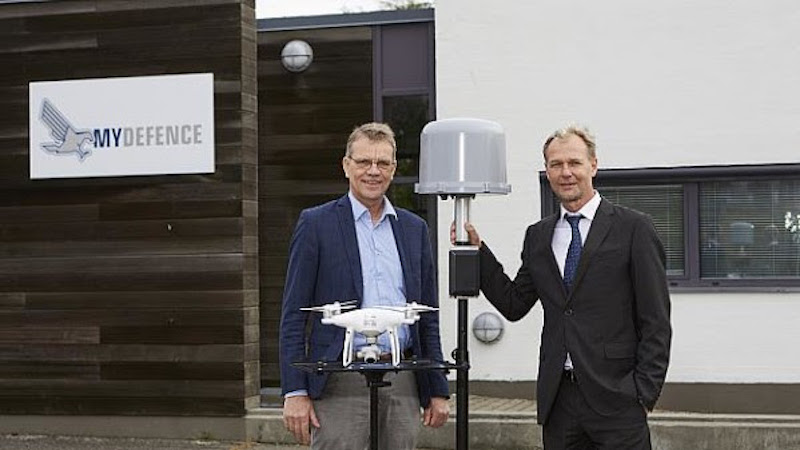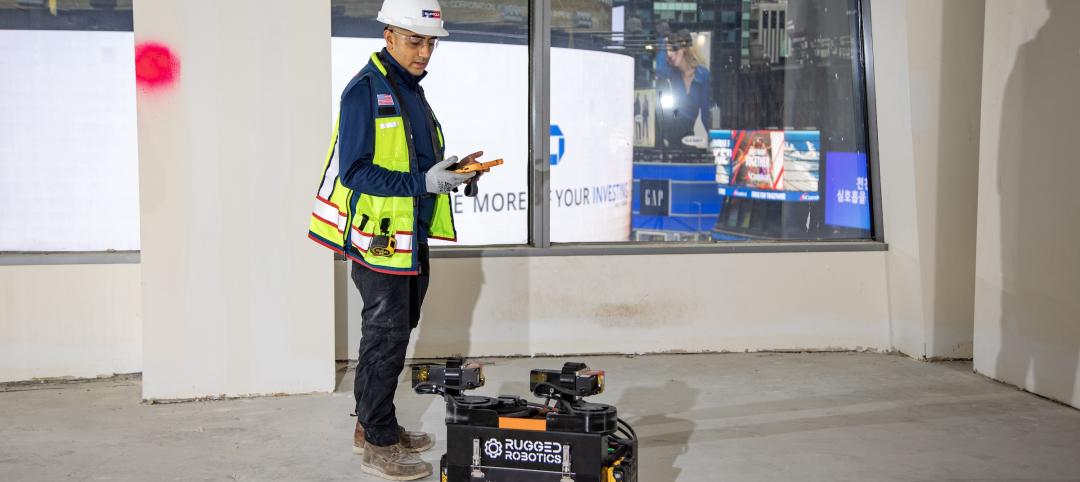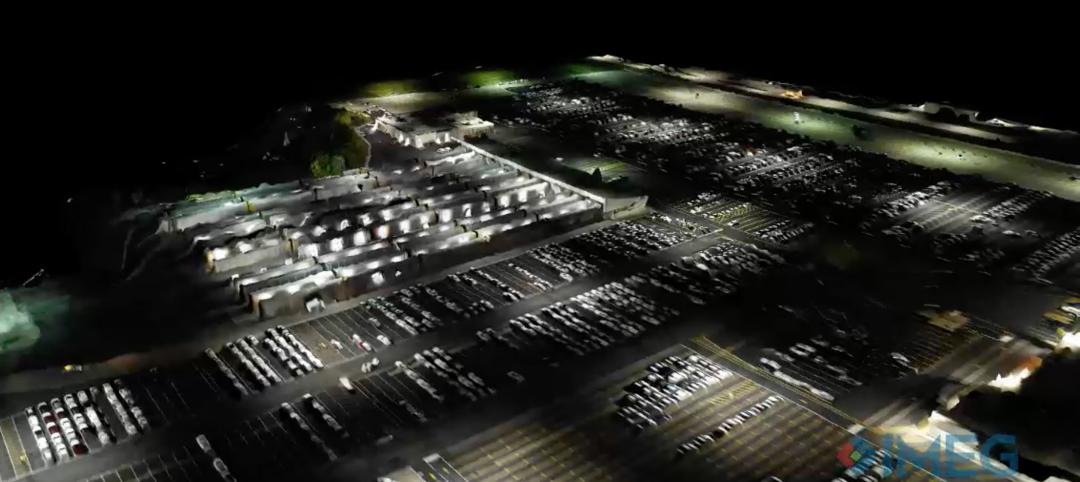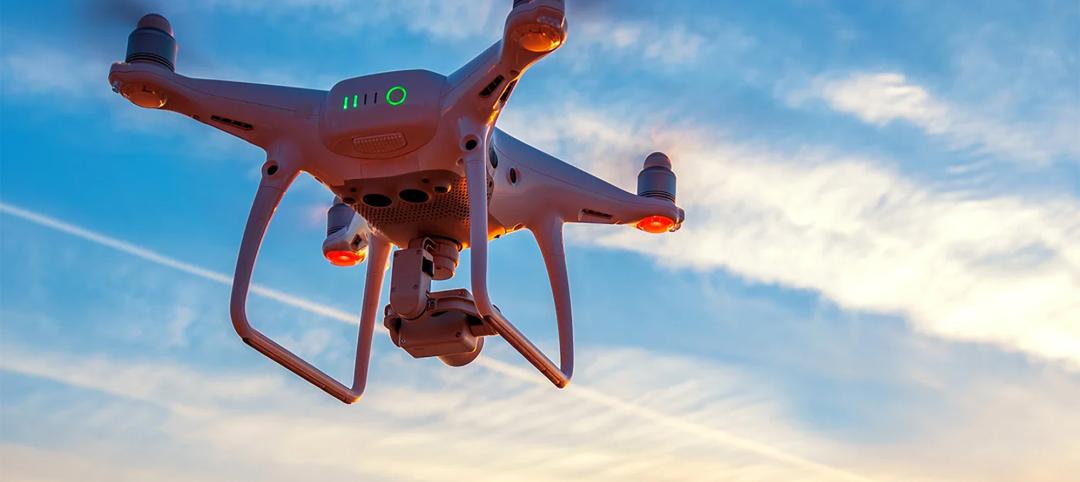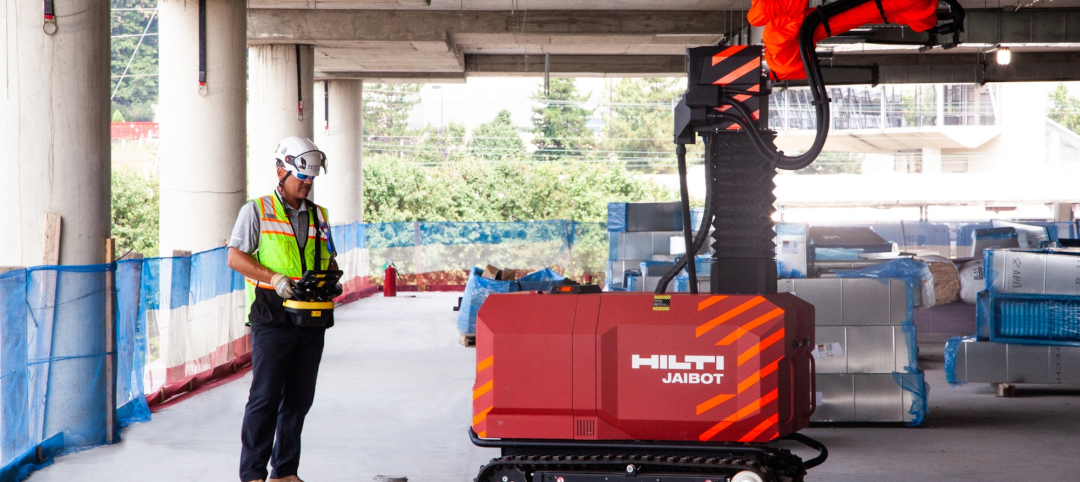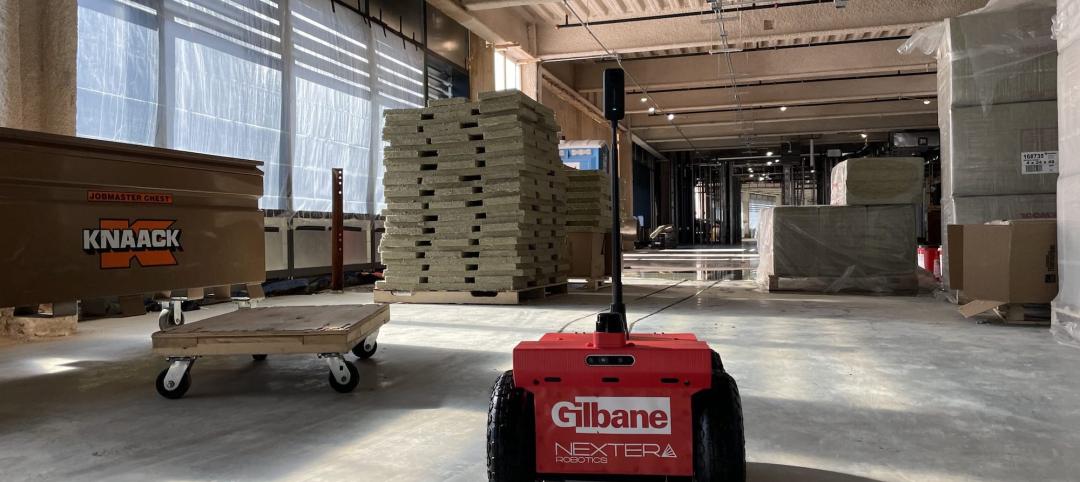It's an unfortunate fact of life: As technology advances to make our lives easier and better, there will inevitably be those who look to exploit a given advancement for their own, often illicit, purposes.
The rise of computers and the Internet brought with it the new phenomenon of cyber crime. The solution was an equal and opposite rise in security technology.
It may be impossible to completely eliminate someone from using a new piece of technology for unintended purposes, but the next best option is to attempt to stay one step ahead in the safety and security department. This is exactly what Denmark-based MyDefence Communication is attempting to do for one of the hottest new technologies on the market: drones.
Drones have found a loyal following among hobbyists and have found a regular home in many AEC firms' toolkits for their ability to easily take aerial photos and videos. But they have also wreaked havoc on regulators trying to prevent them from being used for illegitimate purposes, such as a privacy-invasion tool or a weapon. In Iraq, the Islamic State has used drones carrying explosives on the battlefield. Prisons around the world have documented cases of people attempting to smuggle contraband to inmates via drones.
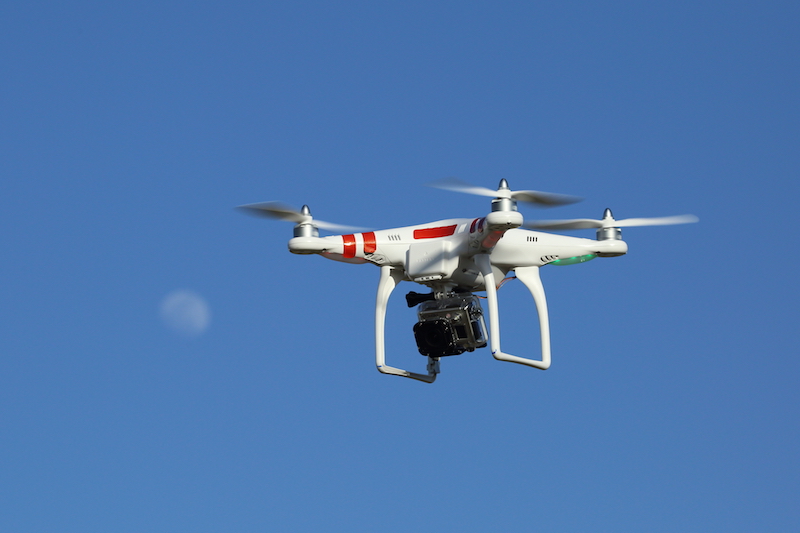
MyDefence Communication’s anti-drone system, KNOX, is being tested in two prisons in Denmark and two stadiums in England. KNOX monitors the airspace over a specific site for foreign objects. When an object is detected, KNOX starts jamming the signal to prevent the drone operator from controlling the device. Concurrently, an alarm goes off that indicates where the drone operator is located.
The stadium tests are being used to fine tune the system to be able to find a specific drone signal among thousands of other signals from cell phones and radios. Once identified, the specific drone signal, and no others, needs to be manipulated so that the drone is forced to flee or is rendered incapable of transmitting data.
“We do not simply stop at intercepting signals, as the current solutions on the market do,” says Christian Steino, MyDefence’s CEO. “We are capable of jamming the drone signal and thereby blocking it.”
KNOX is intended for sites with large crowds or where critical infrastructure, such as a power plant, is in place. The system can be scaled up or down depending on the size of the site.
Related Stories
AEC Tech | Sep 25, 2024
Construction industry report shows increased use of robotics on jobsites
Nearly two-thirds of contractors surveyed, who cited use of robotics on jobsites, are either using monitoring and/or service/labor robotics.
AEC Innovators | Feb 28, 2024
How Suffolk Construction identifies ConTech and PropTech startups for investment, adoption
Contractor giant Suffolk Construction has invested in 27 ConTech and PropTech companies since 2019 through its Suffolk Technologies venture capital firm. Parker Mundt, Suffolk Technologies’ Vice President–Platforms, recently spoke with Building Design+Construction about his company’s investment strategy.
Drone Software | Jun 12, 2023
Drones take site assessments to new heights
Eric Vallejo, Director of Reality Capture and Geospatial Solutions, IMEG Corp., discusses strategies for using visualization and reality capture.
Sustainability | May 1, 2023
Increased focus on sustainability is good for business and attracting employees
A recent study, 2023 State of Design & Make by software developer Autodesk, contains some interesting takeaways for the design and construction industry. Respondents to a survey of industry leaders from the architecture, engineering, construction, product design, manufacturing, and entertainment spheres strongly support the idea that improving their organization’s sustainability practices is good for business.
AEC Tech | May 1, 2023
Utilizing computer vision, AI technology for visual jobsite tasks
Burns & McDonnell breaks down three ways computer vision can effectively assist workers on the job site, from project progress to safety measures.
AEC Tech | Jan 27, 2023
Key takeaways from Autodesk University 2022
Autodesk laid out its long-term vision to drive digital collaboration through cloud-based solutions and emphasized the importance of connecting people, processes and data.
Giants 400 | Nov 14, 2022
4 emerging trends from BD+C's 2022 Giants 400 Report
Regenerative design, cognitive health, and jobsite robotics highlight the top trends from the 519 design and construction firms that participated in BD+C's 2022 Giants 400 Report.
Contractors | Nov 14, 2022
U.S. construction firms lean on technology to manage growth and weather the pandemic
In 2021, Gilbane Building Company and Nextera Robotics partnered in a joint venture to develop an artificial intelligence platform utilizing a fleet of autonomous mobile robots. The platform, dubbed Didge, is designed to automate construction management, maximize reliability and safety, and minimize operational costs. This was just one of myriad examples over the past 18 months of contractor giants turning to construction technology (ConTech) to gather jobsite data, manage workers and equipment, and smooth the construction process.


